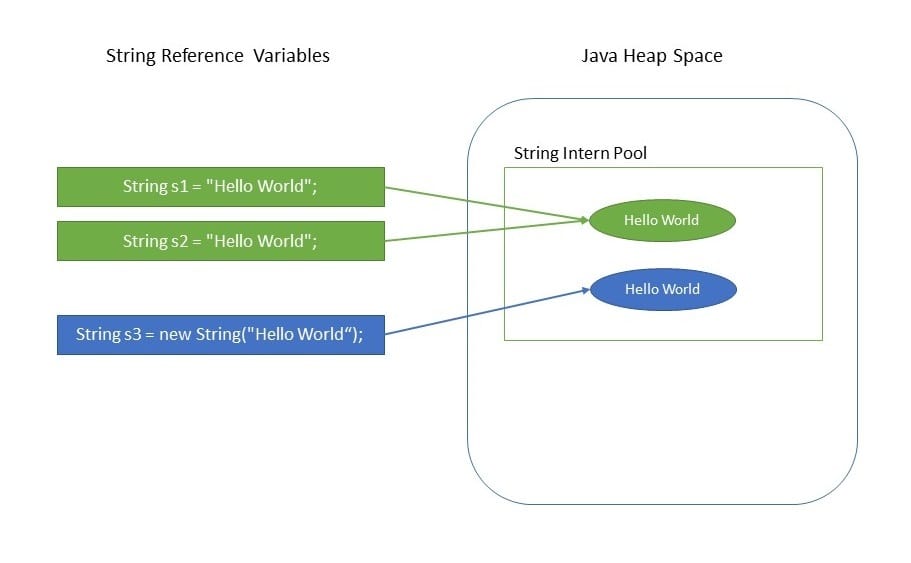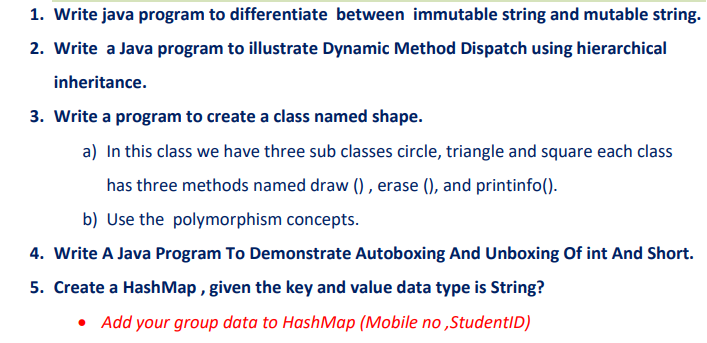Exploring the Advantages of Immutable Strings in Modern Programs Paradigms
In the realm of modern programs paradigms, the principle of unalterable strings stands as a foundation of robust software advancement. By embracing unalterable strings, developers can ensure improved information integrity, enhanced string safety and security, simplified debugging procedures, increased security procedures, and effective performance optimization.
Boosted Information Stability

By protecting against the alteration of string objects, immutability removes the risk of unintended changes to the data they hold. This not just improves the protection of the info but also enhances the dependability of the code that relies on these strings.
Immutability additionally sustains safer multithreading settings, as concurrent access to unalterable strings does not pose the threat of information corruption through synchronised adjustments. This home streamlines the process of taking care of strings in parallel programming situations.
In essence, immutability works as a safety guard around the information stored within strings, boosting their integrity by making certain that as soon as specified, their worths continue to be unmodified throughout the program's execution.

Improved Thread Security
Immutable strings improve the string safety and security of programs by ensuring that when a string item is developed, its worth can not be changed. This property removes the threat of simultaneous strings attempting to change the very same string simultaneously, which could result in data corruption or inconsistent states in the program - Why are strings immutable in Java?. In a multi-threaded atmosphere, where numerous threads access and manipulate information all at once, the immutability of strings provides a level of security by assuring that the data continues to be the same throughout its lifecycle
Streamlined Debugging Processes
Given the boosted thread safety and security facilitated by unalterable strings, a significant benefit occurs in the world of streamlined debugging processes. Unalterable strings, as soon as developed, can not be altered, making it much easier to trace the flow of information and identify the resource of bugs in a program. This immutability guarantees that strings stay regular throughout the execution of the program, decreasing the likelihood of unforeseen adjustments that could result in mistakes.
When debugging with mutable strings, programmers often experience concerns where a string's worth is modified unintentionally, making it challenging to identify the root reason of an insect. Nevertheless, with unalterable strings, the information continues to be unmodified, enabling developers to concentrate on evaluating the actual reasoning of the code instead than tracking down where and when a string was changed incorrectly.
Furthermore, unalterable strings simplify the debugging process by enabling easier recreation of insects. Considering that immutable strings do not change state, developers can recreate and examine insects better, leading to quicker identification and resolution of concerns within the codebase. This streamlined debugging workflow ultimately contributes to greater software program quality and boosted from this source total growth efficiency.

Enhanced Security Measures
Enhancing data protection and strengthening system honesty, the utilization of immutable strings in software program applications contributes significantly to increased safety and security actions. Immutable strings likewise play a vital role in preventing common protection susceptabilities such as buffer overflows and SQL injection attacks, as attempts to adjust string information at runtime are inherently restricted.
Additionally, the immutability of strings enhances the predictability of program habits, making it less complicated to validate inputs and avoid unforeseen changes that could jeopardize security. This predictability simplifies the procedure of bookkeeping and verifying code, making it possible for designers to identify potential security loopholes more efficiently. Generally, integrating immutable strings right into software development methods not just enhances the toughness and integrity of applications but likewise strengthens their strength against protection threats.
Reliable Performance Optimization
When dealing with mutable strings, procedures like concatenation or substring creation frequently result in the production of new string things, leading to memory expenses and raised handling time. By allowing strings to stay continuous and stable, unalterable strings help with far better memory monitoring and caching opportunities, ultimately increasing the general effectiveness of the software application.
Given that immutable strings can not be modified when produced, they can be shared throughout threads without the threat of unexpected modifications, decreasing the need for synchronization systems and improving concurrency. Unalterable strings simplify debugging procedures as developers can trust that a string's worth will certainly remain regular throughout the program's execution, removing potential errors triggered by mutable state changes.
Conclusion
To conclude, the advantages of utilizing unalterable strings in modern-day shows standards can not be overstated. Improved information stability, boosted thread safety, simplified debugging procedures, boosted protection steps, and effective efficiency optimization all add to the general performance of programming tasks. By integrating unalterable strings right into programming practices, developers can take advantage of an extra reputable and durable codebase.
Immutability, a vital attribute of strings in programming languages such as Java and Python, makes sure that when a string things is produced, it can not be changed or changed.Immutable strings enhance the thread safety of programs by guaranteeing that when a string object is created, its value can not be customized. Immutable strings also play a vital duty in avoiding common protection susceptabilities such as navigate to this website buffer overflows and SQL shot attacks, as efforts to manipulate string data at link runtime are naturally restricted.
By enabling strings to continue to be stable and continuous, unalterable strings facilitate far better memory monitoring and caching possibilities, eventually increasing the general efficiency of the software program.
Unalterable strings streamline debugging processes as designers can trust that a string's worth will continue to be consistent throughout the program's execution, eliminating prospective errors created by mutable state modifications.